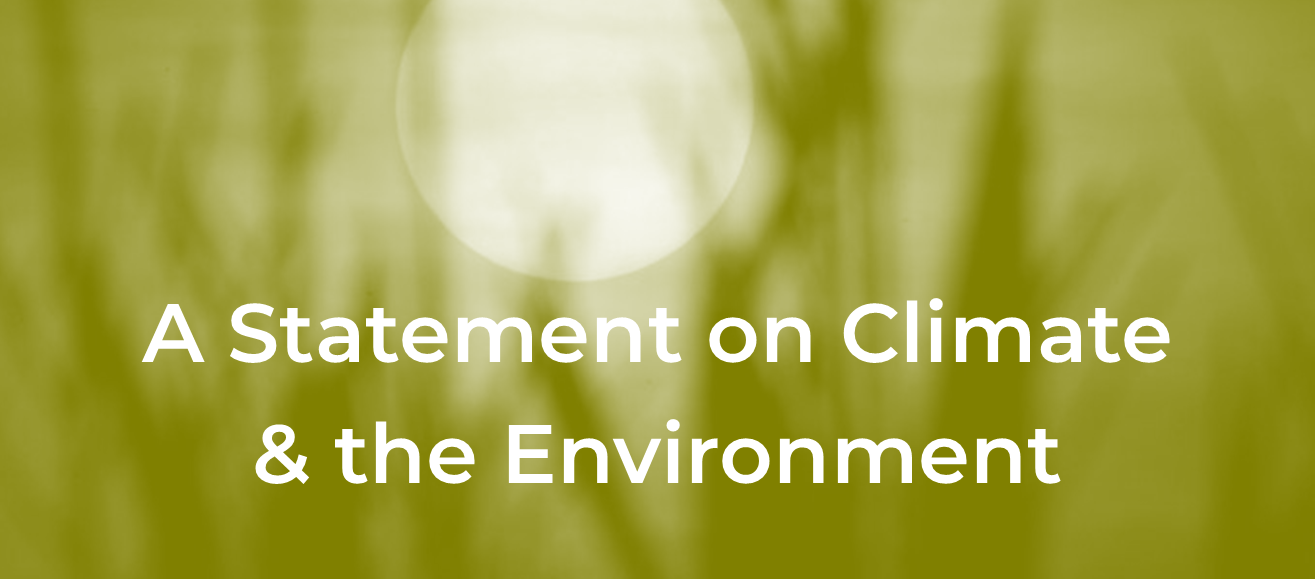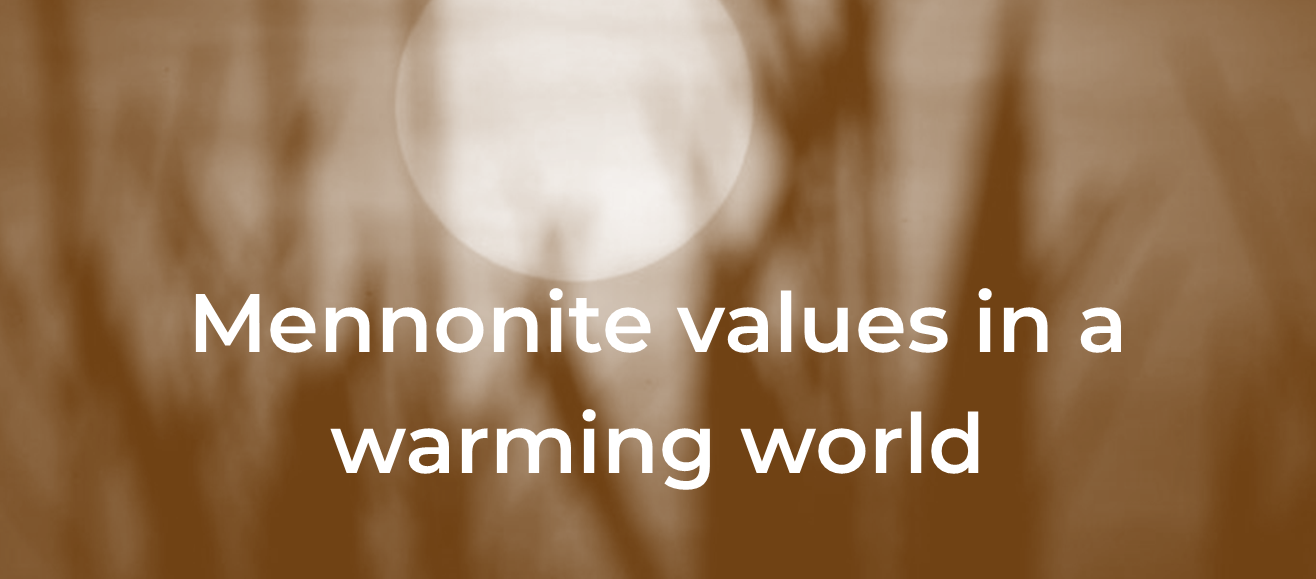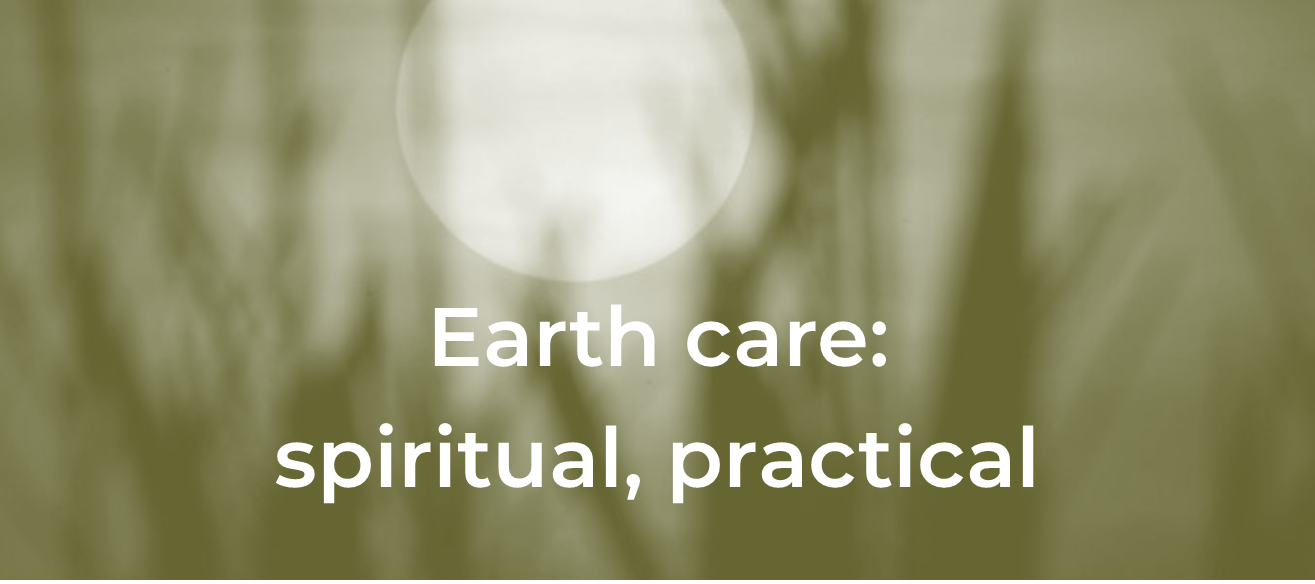|
Responding to Climate Change can be a bit daunting - it is a complex phenomenon with complex causes, and one cannot learn about all the potential responses today, let alone tackle from start to finish a particular response. Instead, the work of learning and responding will be taken over time with patience and persistence.
But where to begin? At PMC, we have begun using the following graphic as a framework of response, as a way of balancing our focus and collective efforts over time. The framework differentiates 4 different levels of action, and 3 different types of action. |
The 4 levels of action
The Four levels of action acknowledge that action is needed on the individual level, community level, and all the way up to advocacy in large institutions and governments.
|
Reach In
What can I do? Actions at the individual level, such as driving less, or adding insulation to one's home. Reach Up
What should our governments do? Actions at the regional, state, or national level focused on legislation, such as passing the Inflation Reduction Act. |
Reach Near
What can we do? Actions at the local community level, such as adding bike racks at your workplace, local school, or church. Reach Out
What can we do to help those being affected now? Climate change is happening, and along the journey we can’t forget those who are being affected now. Actions supporting those affected today, such as MCC relief work for crop failures. |
The 3 types of action
The three types of action cover a few different schools of thought of the climate change movement.
Electrify EverythingThe only feasible path to significant near-term carbon emissions reductions involves phasing out every fossil fuel powered thing in our lives, and replacing it with something powered by electricity. Then, as more renewables come on the electric grid, emissions will decrease. While not addressing the root causes of the issue, this type of action is urgent and essential. Rewire America has the most resources on this topic.
|
Build BravelyIn America today, the built environment is designed around fossil fuel usage. Addressing this requires a generational-long building project - New energy generation sources (solar and wind), new types of housing (multi-family & multi-generational, better insulated, better located) and buildings, and new types of transportation infrastructure (biking and walking paths, transit).
|
Consume cautiouslyThe other two types of action are well established environmental movements, but as Christians, and as Mennonites, we know that the problems that led to climate change run deeper in our human nature. We must think creatively on how we foster an alternative culture that rejects “more, faster, bigger, better, easier” as shallow answers to our biggest questions, and instead is centered on relationships and service to others.
|
Together, these form an action matrix that helps us understand how a given conversation topic fits into the larger puzzle and help to balance our efforts and activism. We welcome you to join us on this journey!
What is the Climate Justice Committee?
We are a small committee seeking to encourage Portland Mennonite Church to become a community of alternative practices, grounded in our Anabaptist commitments to simplicity and peacemaking, that responds practically and prophetically to the alarming realities of global climate change.
Our past work at PMC...
winter 2021 / FOOD CONVERSATIONS BLOG
spring 2020 / Gardening with PMC
fall 2019 / plant-based POTLUCK / Oct 20 / 5:30pm
fall 2019 / Christian Ed Class / "Climate change and other environmental woes: A Mennonite response"
spring 2019 / eating in season / blessing of the seeds |
spring 2019 / Article for the Mennonite by David Garen / Mennonite values in a warming world
winter 2018-19 / Advent Commitments |
fall 2018 / about food...The Justice Committee is highlighting climate change and the personal, global, and spiritual responses our Anabaptist Christian faith calls forth from us. This Fall we are focusing on food...
|
spring 2018 / a class on climate change... |










